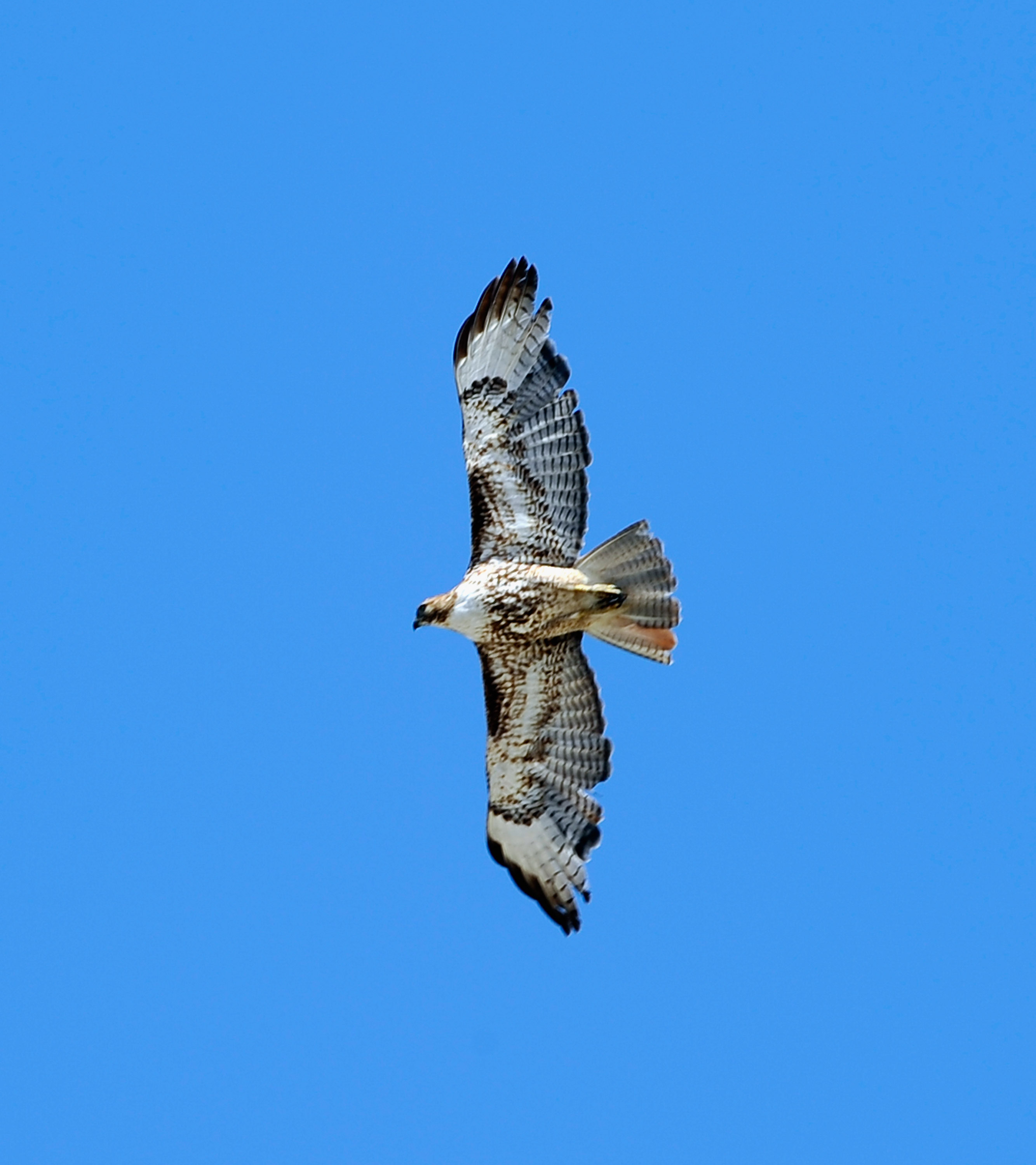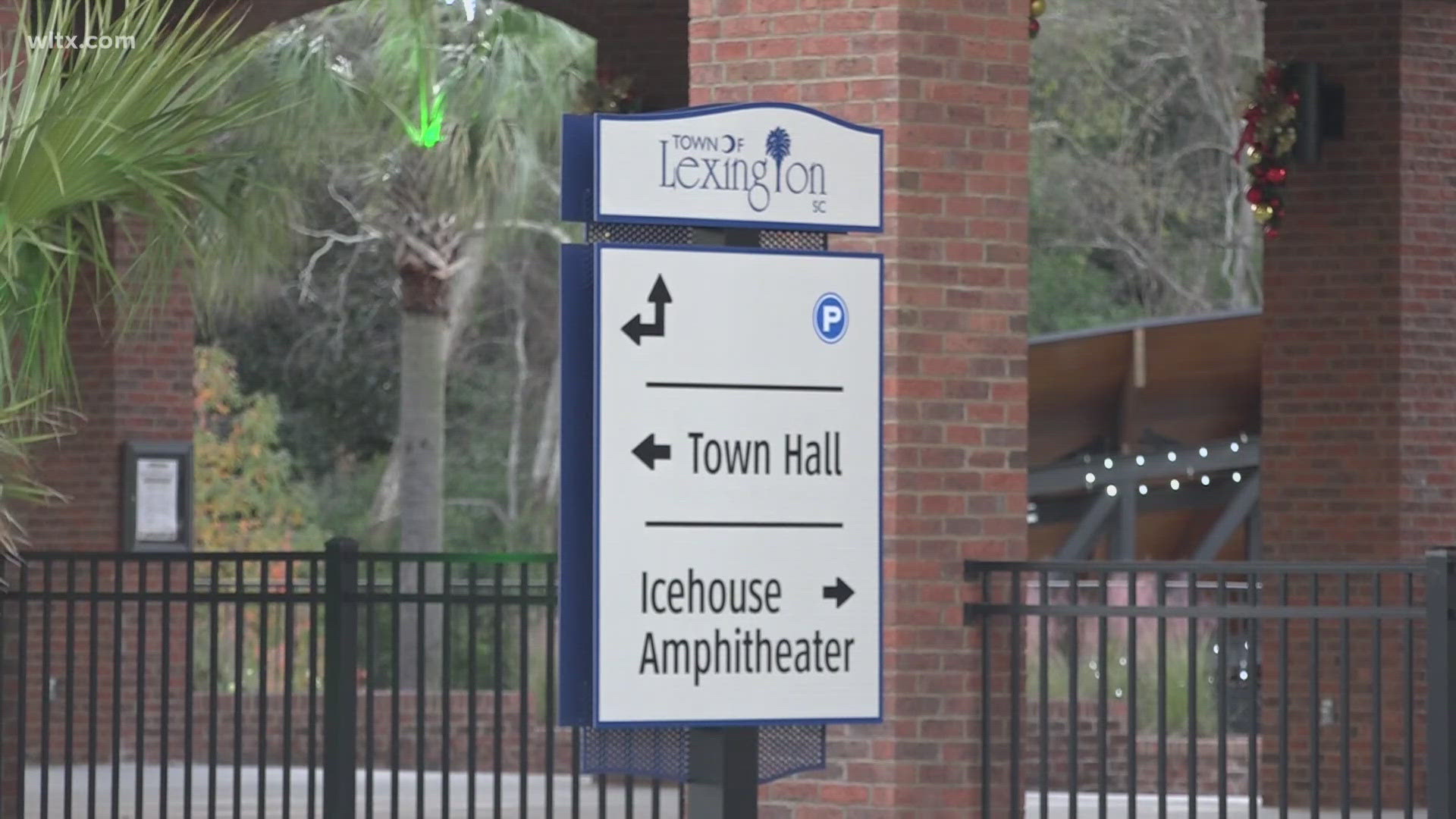Columbia, SC (WLTX) Three men have been sentenced for the unlawful trapping and killing of migratory birds at MacKay Point Plantation in Jasper county.
The three men, Martin, age 59, of Yemassee, Keith Gebhardt, age 54, of Yemassee, and Mark Argetsinger, age 63, of Beaufort were sentenced to sex month probation, community service, a one-year ban on trapping and a fine. In addition the MacKay Plantation LLC has agreed to pay $250,000 in community restitution.
The U.S. Attorney's Office in South Carolina and the Fish and Wildlife Service will divide these funds among local animal charities such as the Center for the Birds of Prey and the Society for the Prevention of Cruelty to Animals (SPCA).
Evidence presented in this case established that Mackay Point Plantation is an 8,000 acre plantation in Jasper County.
![114027121 [ID=14816617]](http://moc-assets-prod.gannett-cdn.com/-mm-/b7ba5b9b8f3861a758ebc9afdace5e66b42255a4/r=355x400/local/-/media/WLTX/WLTX/2014/08/29/1409345115000-114027121.jpg)
It is a state-of-the-art hunting preserve that has 26 miles on intra-coastal rivers, two large guest houses, horse stables, and a hunting dog kennel. The plantation is divided into different hunting areas for deer, quail, doves, and ducks, and it has twelve employees who manage the hunting preserve.
It is a private plantation and is used only by the owners and their family and friends.
William Martin is the general manager of Mackay Point. Keith Gebhardt trains the horses and the hunting dogs. Mark Argetsinger handles the heavy equipment.
These employees release approximately 6,000 quail each year on the plantation for the owners to hunt. Red-tail Hawks and Great Horned Owls are native to South Carolina, and these birds of prey eat quail as natural predators.
In order to improve the quail hunting, Martin, Gebhardt, and Argetsinger placed dozens of baited, steel traps to kill hawks and owls. These hawks and owls are protected under the Migratory Bird Treaty Act and cannot be killed without a permit.
This case came to the attention of the authorities based on a confidential tip.
Soon thereafter, a South Carolina Department of Natural Resources (DNR) officer saw a dead hawk near the river bank on the plantation.
The DNR and Fish and Wildlife Service (FWS) agents installed cameras on the plantation over a two-year period, and the surveillance footage shows Argetsinger and Gebhardt trapping and shooting more than 30 hawks and owls. The trapping and killing occurred only during quail season.
This trapping is more gruesome than shooting the hawks and owls because the birds were often trapped for several days before being killed.
In February 2014, a federal search warrant was executed at Mackay Point Plantation, and more traps and dead birds of prey were uncovered. Argetsinger and Gebhardt were interviewed and confessed to unlawfully trapping and killing hawks and owls in order to improve the quail hunting. Martin, the plantation manager, was also implicated in the trapping.
There is no evidence that the owners of Mackay Point were involved in the killing of the hawks and owls.
The killing of birds of prey, such as hawks and owls, to improve quail hunting has become a widespread problem in the Southeast. The $250,000.00 in community restitution is one of the largest financial penalties in the history of the Fish and Wildlife Service. U.S. Attorney Bill Nettles stated after the guilty plea and sentencing that the "Federal Government has a strong interest in protecting our nation's natural resources, including wildlife." Nettles further stated that "Today's sentence sends a strong message to unscrupulous hunters and landowners who think they are above the law."
Luis Santiago, Special Agent-in-Charge, Southeast Region, U.S. Fish and Wildlife Service said of today's plea: "This case is an excellent example of the cooperative investigative efforts between the South Carolina Department of Natural Resources, and the U.S. Fish & Wildlife Service, and each agency's strong commitment to investigate violations of wildlife laws. We take very seriously our mission to support our state counterpart wildlife enforcement agencies, and we will continue to aggressively pursue individuals as well as corporations who are involved in the illegal take of protected species of wildlife".


